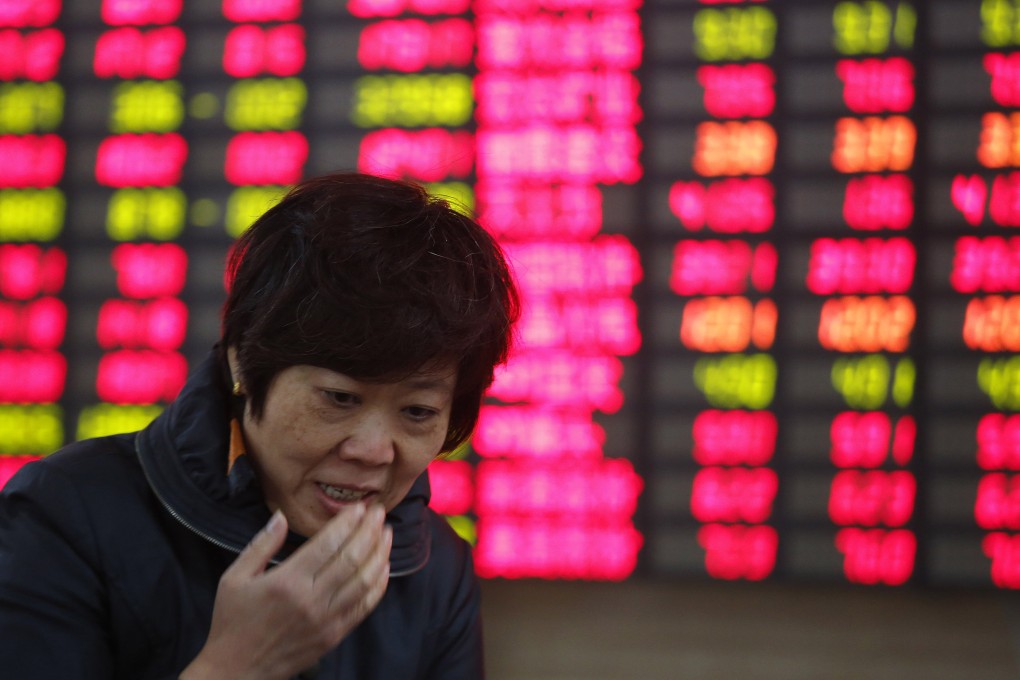Opinion | China must crack down on rampant insider trading
Hu Shuli says the problem is so widespread that it has become normalised, and a major stumbling block in capital market development

The prevalence of insider trading has become a headache for China's market regulator, recent developments show.
Take two incidents this month. On June 6, Citic Securities analyst Zhang Mingfang revealed news of Livzon Pharmaceutical Group's equity incentive plan in several WeChat messaging groups. Three days later, Suning Commerce vice-president Li Bin hinted at big news on his social media account. In both cases, the news boosted the companies' share prices.
The Shenzhen Stock Exchange has since announced it is investigating Zhang's disclosure, and Citic has suspended the analyst from her duties. By contrast, no action has yet been taken by the authorities in Li's case. While Zhang's revelation was a textbook case of disclosure of insider information, Li's action was also questionable .
The securities regulator must tackle the problem head-on if it is serious about shifting the focus of its work from directing the market's rise and fall to ensuring market fairness.
For more than 20 years, China's capital market has been known not only for its heavy government influence but also as a rumour mill. So much speculative news does the rounds that it's possible to find fairly accurate information about a listed company's financial performance even before any official announcement. The source is undoubtedly a market insider, and the reason for the leak is invariably someone trying to make a quick buck.
Thirteen years ago, economist Wu Jinglian likened China's stock market to a casino, "perhaps even worse than a casino". Sadly, the description is still apt today. The gambling may even have got worse.

